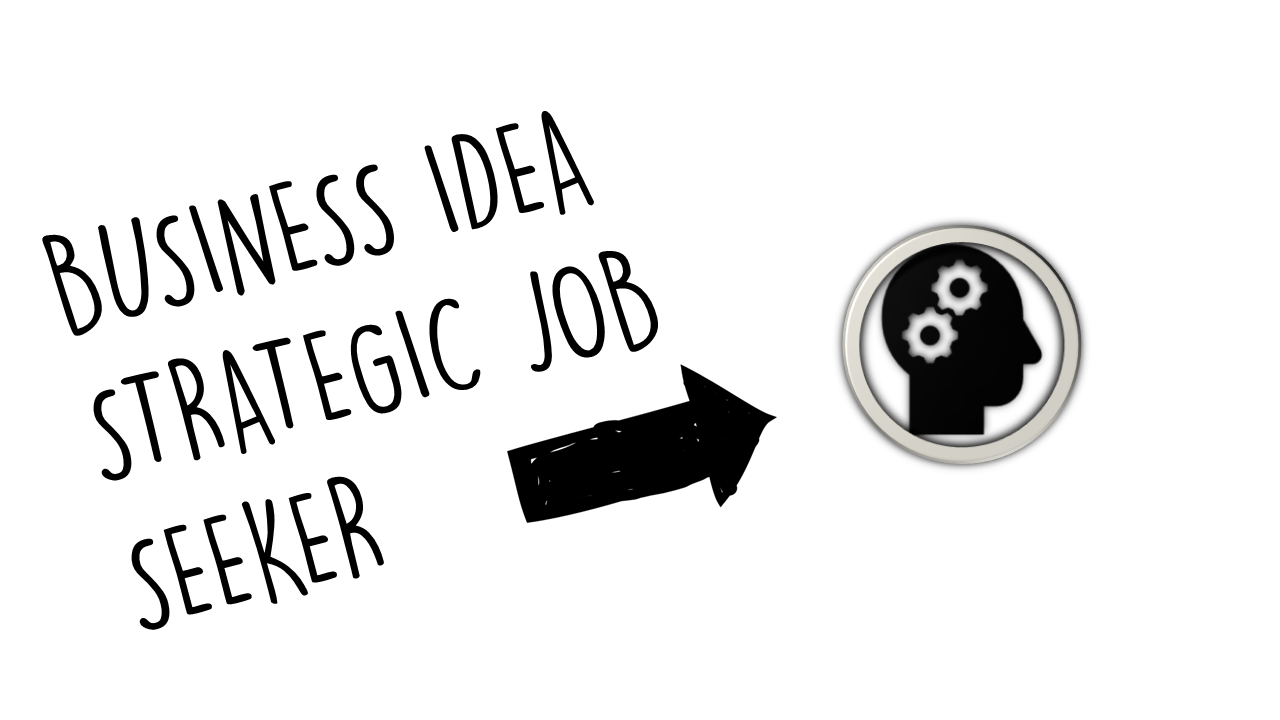Problem:
Choosing a career is one of the most critical decisions in life. It’s a choice that can shape your future, determine your happiness, and influence your financial stability. However, many people struggle with this decision due to a lack of understanding about their abilities, unawareness of job opportunities, and limited knowledge about the hidden job market. This confusion can lead to dissatisfaction, underemployment, or even unemployment.
Insight:
The problem intensifies when you realize that the traditional methods of choosing a career—following the crowd or parental advice—often lead to unfulfillment and regret. You may end up in a job that doesn’t match your skills or interests, leading to frustration and burnout. Moreover, relying solely on job advertisements limits your options and increases competition, making it harder for you to land a job. The hidden job market, which comprises unadvertised jobs, remains untapped due to lack of knowledge and strategy.
Solution:
To overcome these challenges, you need a comprehensive strategy that includes assessing your abilities, identifying job opportunities, and uncovering the hidden job market.
Strategies to Drive Your Career in the Digital Age
Strategy to Assess Abilities:
Start by conducting a self-assessment to understand your strengths, weaknesses, interests, and values. Use tools like personality tests (e.g., Myers-Briggs Type Indicator), aptitude tests (e.g., CareerExplorer), and skills assessments (e.g., Skills Matcher by CareerOneStop). These tools provide insights into your abilities and suggest careers that align with them.
Next, seek feedback from others—teachers, mentors, colleagues—to gain an external perspective on your abilities. They can provide valuable insights that you might overlook.
Finally, consider working with a career counselor or coach who can guide you through the process and help you make informed decisions.
Strategy to Identify Job Opportunities:
To identify job opportunities that match your abilities and interests, start by researching industries and companies where those skills are in demand. Use resources like industry reports (e.g., IBISWorld), company websites, LinkedIn profiles of employees in those companies/industries.
Attend career fairs and networking events where you can meet industry professionals and learn about potential opportunities.
Also consider informational interviews—conversations with professionals in your field of interest—to gain insights into the industry and potential job openings.
Strategy to Uncover the Hidden Job Market:
Uncovering the hidden job market requires proactive networking. Connect with professionals in your field through LinkedIn or professional associations. Build relationships with them by offering value—sharing relevant articles or insights—and expressing genuine interest in their work.
Volunteering or interning in your field of interest can also give you access to unadvertised jobs as organizations often prefer hiring from within their network.
Lastly, consider using a recruiter who has access to unadvertised jobs and can connect you with potential employers.
In conclusion:
Choosing a career doesn’t have to be daunting if you have the right strategy. By assessing your abilities accurately, identifying relevant job opportunities proactively, and uncovering the hidden job market strategically, you can make an informed decision about your career path that aligns with your skills and interests.
